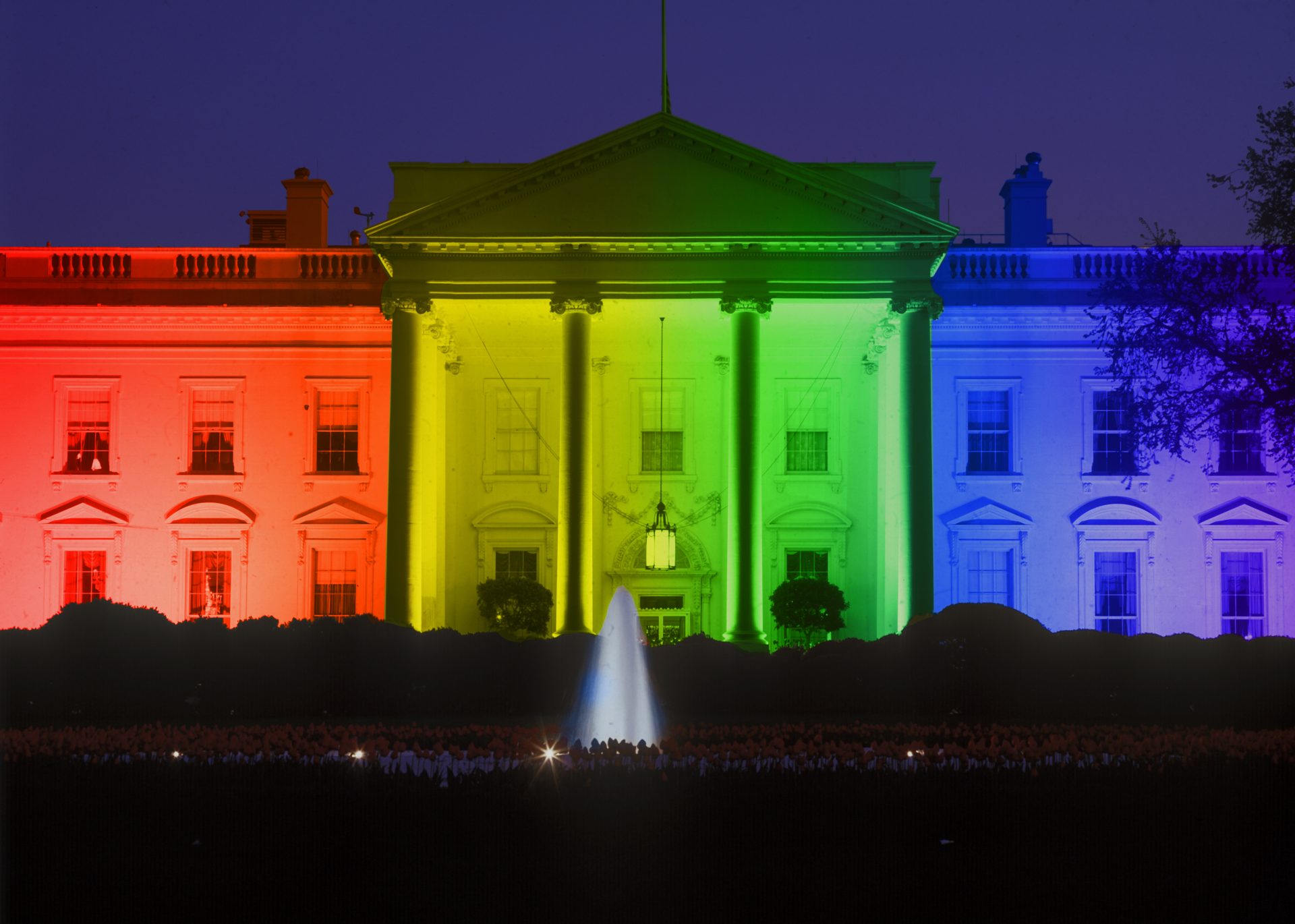The Supreme Court of the United States has been asked to revisit its landmark decision on same-sex marriage, originally established on June 26, 2015. This request comes in light of a petition filed by Kim Davis, a former county clerk in Kentucky, who previously denied marriage licenses to same-sex couples. Davis’s case raises questions about the intersection of personal beliefs and legal obligations for public officials.
In the historic ruling of Obergefell v. Hodges, the Supreme Court determined that denying marriage rights to same-sex couples violated the Fourteenth Amendment. The Court ruled in a narrow 5-4 decision, affirming that marriage equality is a constitutional right. This decision mandated that all states must recognize same-sex marriages and protect the rights of couples seeking to marry.
Davis became a controversial figure after she refused to issue marriage licenses to same-sex couples following the Obergefell ruling. In September 2015, she was sued for violating the constitutional rights of a same-sex couple and subsequently faced legal consequences, including a fine of $100,000 and six days in jail for contempt of court. Last month, she submitted a petition to the Supreme Court, asking it to review her case with specific inquiries about the First Amendment and whether it should protect her from personal liability in her role as a public officer.
Davis’s legal team frames her situation as a conflict between her religious beliefs and her responsibilities as a county clerk. Yet, the legal community remains divided. In her previous appeal, which was denied on October 5, 2020, the United States District Court for the Eastern District of Kentucky upheld the judgment against her. Circuit Judge Chad A. Readler highlighted that Davis’s argument for First Amendment protection did not exempt her from liability, stating, “Rather than attempting to invoke a religious exemption for herself, Davis instead exercised the full authority of the Rowan County Clerk’s office to enact an official policy of denying marriage licenses to same-sex couples.”
Implications of the Supreme Court’s Decision
As the Supreme Court prepares to discuss Davis’s request, which is expected to occur during the fall session, many observers express concern regarding the potential implications for marriage equality. Legal experts and advocates fear that the conservative-leaning Court may choose to accept the petition, which could threaten the rights established by the Obergefell decision.
The Respect for Marriage Act, enacted in 2022, provides additional protections for same-sex and interracial marriages that are already recognized. However, any policy shift regarding same-sex marriage could affect future couples’ rights to marry.
Despite the uncertainty, advocates for marriage equality remain hopeful. Mary Bonauto, the lead attorney in the Obergefell case, emphasized the importance of maintaining legal protections for same-sex couples. In a statement to USA Today, Bonauto remarked, “There’s good reason for the Supreme Court to deny review in this case rather than unsettle something so positive for couples, children, families, and the larger society as marriage equality.”
As the Court’s deliberations approach, the fate of same-sex marriage rights hangs in the balance, prompting strong emotions and discussions across the country. The outcome could either reaffirm existing protections or signal a significant shift in the legal landscape for LGBTQ+ rights in the United States.
